Trusting the Process is Self-Doubt Detox
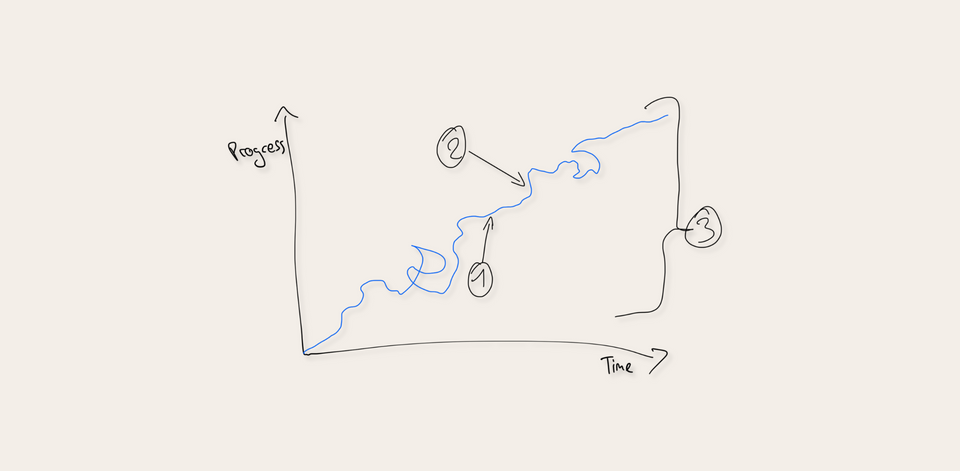
In the early 2010s, the NBA’s Philadelphia 76ers found themselves at the bottom of the ladder once again. Losing 26 in a row, they narrowly avoided setting a new record for the longest losing streak in the NBA - and the immediate future didn’t promise any improvement. For the players & fans alike, the situation looked pretty damn demoralising. What do you say to a team in this situation?
That’s a question Sam Hinkie had to answer his first day on the job. As the new President of the organisation, his first speech was gonna set the tone for the coming years. His answer was a comprehensive strategy, but his approach was summed up in three simple words (stolen from a 1996 Book on Addiction Recovery):
Trust the Process.
These words became the motto for the whole organisation and its culture. It was a brutally honest approach: He acknowledged that they probably wouldn’t be champions tomorrow - but that with 10 years of consistent effort, the situation was bound to look different somehow.
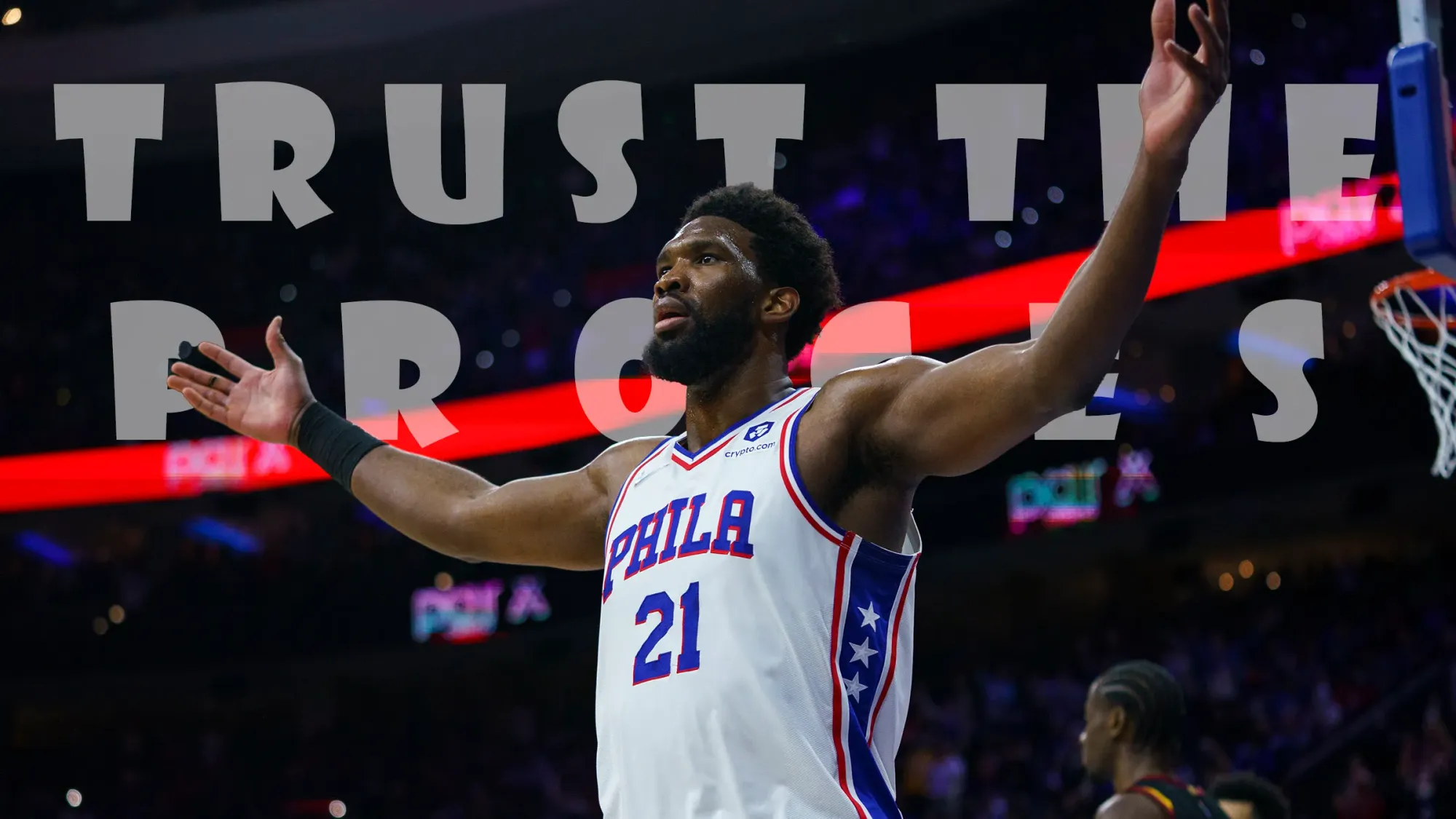
Fast forward 10 years & the 76ers are a championship-calibre team with the best player in the league in Joel Embiid. But don't worry - that's enough basketball for today. The more fascinating journey was that of the phrase itself. From NBA locker rooms into yoga classes, from fan shirts into random people’s blogs & podcasts, the phrase took on a life of its own - and so somehow found its way to me.
I can still recall the intense feeling of relief when I first heard it. In it, there was a sense of permission to sit contently in the knowledge that I’d done my very best - and leave the rest up to the process. Over the years, it became a mantra for me - a remedy to the stress & tension that comes with ambition. So unsurprisingly, the idea is be found in a bunch of my writing. Why is it getting a whole piece today then? Well, recently something clicked that flipped my understanding of Trusting the Process on its head - and I find that worth sharing.
🔎 The Funky Conundrum
But let’s start with the basics. Traditionally, “trusting the process” was something I said to remind myself of the gradual, non-linear, scribbly nature of progress.
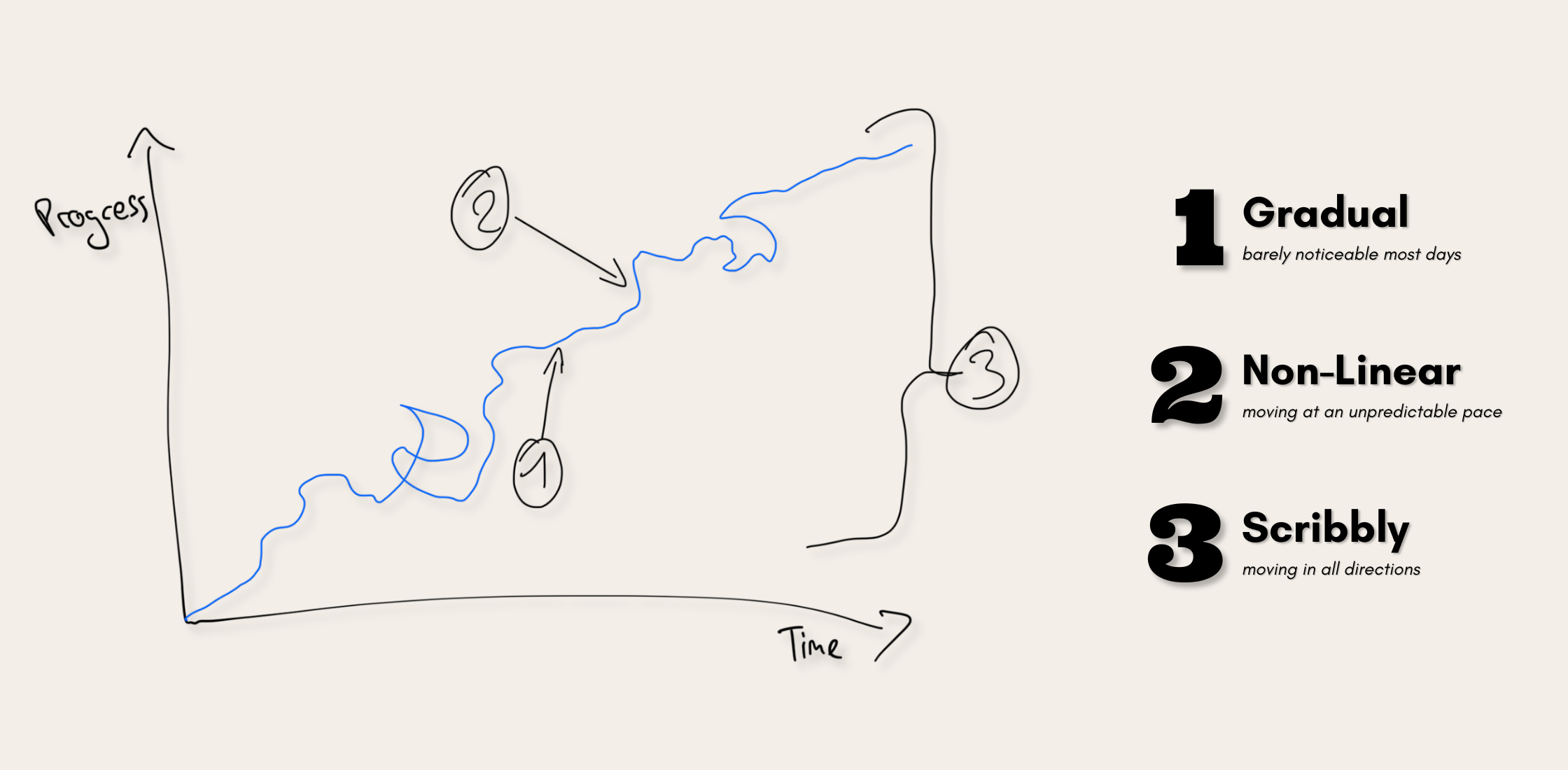
The nature of the process, therefore, makes it easy to doubt: The gradual nature (→ the lack of frequent substantial jumps) can make it seem like there’s no movement at all. Even when you notice movement, the non-linear nature (→ the necessity of delayed gratification) can make it seem like you’re not moving fast enough. And sometimes the speed might be right, but the scribbly nature (→ the lack of predictable trajectory) can make it seem like you’re aimlessly wandering around in the moment.
Yet, and this is important, all of these illusions collapse in on themselves once you reflect back. In the rear view mirror, you see the trajectory come together through all its scribbles, the increments of various paces combine to substantial growth. But in the heat of it all, you don’t have that certainty.
This situation creates a funky conundrum: In retrospect, you always find the process pull through for you somehow. But in the moment, all signs point to this odd feeling of “this time it won’t”. So what do we do about it? Trust the process, yeah cool. But to understand what that actually means, let's take a quick detour:
🤝 Why do we Trust?
Evolutionarily, our comprehensive negativity bias has also manifested itself in a general mistrust of another. In a tribal context, those who turned their backs on strangers got clubbed on the head. Those who were a bit more careful survived & passed on their genes. These genes landed in you, so today you lock your car & look over your shoulder when you enter your PIN at the ATM. The human default is a healthy scepticism: Untrustworthy until proven otherwise.
Yet, we’re the social animal. Not only is an existence of constant paranoia terribly lonely, it’s not always evolutionarily beneficial. Our unprecedented takeover of this earth wasn’t based on our physical strength or agility - it was supercharged by our ability to collaborate & coordinate. To start taking over the planet, we had to develop some nuance around our general guardedness.
To collaborate, you need to trust: If I go grow some wheat, I have to trust that you go hunt some deer so when winter comes, we have food & warm clothing. If I don’t trust you, I’ll constantly hassle you with check-ins, keeping you from hunting and me from growing - so we end up starving & cold. Without trust, we’re not getting anywhere. Without trust, there’s no collaboration. If you’ve ever had a Boss that specialised in Micromanagement, you know that all too well.

Still, trust isn’t handed out at random - it’s a numbers game: If someone has repeatedly pulled through for us, they have earned our trust - so we won’t doubt that they’ll pull through this time. Trusting a person is an easing of our natural scepticism towards other’s intentions. Those intentions are and always will be uncertain - we can’t read minds. But in the absence of certainty, to trust someone is to resolve the present uncertainty based on past evidence.
To trust is to release that inherent tension in favour of ease. Being around someone you trust is a core human experience - it feels nourishing, energising, just overall wonderful. Human Trust is worth a whole piece. But to keep it reasonably short, here’s my point:
Even if you trust someone, their intentions remain uncertain. They might still let you down. It’s happened before, it’ll happen again. But it’s proven worthwhile to take that gamble instead of remaining weary and guarded at all times.
💰 The Cost of Mistrust
So, let’s bring this back to trusting the process. There you are, sitting in unresolvable uncertainty if it’ll work out. It’s not happening as fast as you thought, or it’s all happening too fast. It’s going in a direction you didn’t expect, or it seems like there’s no direction at all. All you know is that you’ve been doing your part - but the outcome remains a mystery. It's only natural that doubt arises.
If your experience is anything like mine, that doubt quickly starts to interfere with your intentions & actions:
Am I thinking too big? Should I adjust my ambitions? Should I just go for a safer route?
But if your experience is anything like mine, there’s heaps of evidence that the answer to all of those is: No, you’re just impatient. How often have I doubted the process and how often has it somehow pulled through for me? How often have I sat there questioning my every life decision only to be hit with a non-linear jump in progress a week later? Trusting the process follows the exact same blueprint as trusting a person: Resolving present uncertainty based on past evidence.
Now, there’s no guarantee that it’ll work out - the uncertainty remains. Your best friend could theoretically still turn around and club you on the head tomorrow. But I think they, like the process, proven trustworthy by now. To learn to trust and open up, to relinquish control and become vulnerable - it’s worth the risk. The upside is worth the downside. Why?
The constant tension of “will it work out” - it’s not only deeply stressful, it also keeps your mind fixated on a future you’ll never find out about until it happens. It keeps you from doing your part. Like the wheat farmer that spends his days hassling the hunter, the stressful mistrust prevents you from growing your metaphorical wheat.
What’s more, it’s a catalyst for impatience, for aborting the mission before it ever had time to come to fruition. I’m gonna ride this analogy into the ground, but: The wheat farmer too has to trust that the crop will grow if he continues to nourish it - even if he can’t see anything change for the first two months after sowing. If he stops tending to the crop after a month because nothing has grown yet, the crop will die and the farmer will forever live in the conviction that what he did wasn’t working - when in reality, he just had to stick to it.
Instead, it’s the mere recognition that when you do your part, the results of your actions will come. Quite possibly in ways you didn’t anticipate or even knew you wanted, but they’ll come inevitably. In this sense, there’s also merit in reflecting on your process instead of blindly going ahead & expecting rainbows. I might work hard every day, showering my crops in oil because I think that’s gonna help it grow. Sure enough, the results of my actions will come here too - it just won’t be wheat. But guess what: Failing hilariously & adjusting when you learn is also part of the process.
You and I, we can only act to the best of our current knowledge. Where that’ll lead us - no one knows. But instead of losing ourselves in that uncertainty & going in mental circles, we can learn to let go of the results and put our trust in the process. If the journey up to here is any indication, it’s a bumpy but beautiful ride. Maybe with a bit of trust, you & the process can even start collaborating to make it happen?
🙃 The Flip
Oh yeah, collaborating with the process? So apparently, there are two separate entities here - you and the process? You - a solid subject - and the process - an ever-changing interaction of a million different factors. That doesn’t really sound right.
I’m not the same person I was 10 years ago. I’m not even the same person I was on that plane to Australia. In all honesty, I’m probably not even the same person I was when I woke up this morning. Sure, I’ve got the same name & I look pretty similar. But my intentions, goals, memories, and feelings - they are ever-changing, ever-evolving as I continue to interact with the world. So, let’s try again:
You - an ever-changing interaction of a million different factors - and the process - an ever-changing interaction of a million different factors. Now that sounds funky. What’s left of you if you’re only a result of environmental factors, a puppet in a world fully predetermined? Seems a bit dark. Indeed, many people find this school of philosophy called Determinism rather depressing. But to the rescue comes Albert Bandura (Stanford Professor ranked the 4th most influential psychologist of the whole 20th century) with a simple question:
Who said you were different from the world?
The underlying assumption of Determinism is that you are alone, foreign to a world that bounces you around like a billiard ball on the pool table of life. But that separation falls victim to the same fallacy I explored extensively in my piece on toxic positivity: The idea that you could lift a phenomenon from its context and expect it to be an independent thing.
Sure, conceptually, you can make up individual things. But try to define them grounded in reality and you arrive at a breaking point. Take flowers & bees, for example: Without any flowers around, there’s no bees. Without any bees (or alternative pollinators), there’s no flowers around. So while we can colloquially differentiate between bees & birds as separate things, in reality they arise together. We don’t have an organism and an environment, but what’s called an organism-environment. They may appear to be separate, but are secretly one.
Now, let’s apply the same to our oh-so-predetermined friend, the human. Sure, conceptually, we can separate the individual: Give it a name, a past, a future, dreams & aspirations and all that good stuff. But where’s the boundary? On a molecular level, you are in a constant exchange with your environment. Behaviourally, you are constantly influencing & influenced by the environment. Who you are today is inseparable from your environment, but the way your environment is today is inseparable from you. Bandura called this Reciprocal Determinism. In his words:
Individuals are neither powerless objects controlled by environmental forces nor entirely free agents who can do whatever they choose.
In my words: You’re the process. There’s not you and the world, there’s not you and the process, there’s just the world and the process.
Imagine this: You’ve been trying to start a startup for ages without any luck. You’re putting in the work, you’re writing pitches left and right, but it seems like nothing’s moving. Still, your friends keep telling to you to trust the process, so you keep at it. Then, one day, seemingly out of pure luck you get connected with an entrepreneur that is looking for someone with your exact skillset & you start working together. To you, that person is part of the world - that person was part of the process, right?
Now, let’s flip it. Imagine you’re an entrepreneur trying to find talent for their company, looking left and right but never finding the right fit. You’re about to give up, but your friends tell you to trust the process. Then, one day, seemingly out of pure luck, you get connected to someone that exactly matches what you’re looking for & you start working together. To you, that person is part of the world - that person was part of the process, right?
The point in these examples is this: The separation between you and the world is completely arbitrary, solely based on perspective. Taking a step back, we see that both these people are merely happenings in the world, beautifully peopling along as we tend to. They both are part of the process. And so are you.
Took me long enough, but this is the flip that prompted this piece. For the longest time, to trust the process meant to recognise the gradual, non-linear, scribbly nature of the outside world. To be alright with doing my part and trust that in whatever unpredictable scribbly ways, the results will find their way to me. But this thought is grounded in the illusion of separateness.
Even though some days I don’t feel like I’ve accomplished much (→ gradual).
Even though my energy levels vary day-by-day (→ non-linear).
Even though I might even take 3 steps back to go somewhere else (→ scribbly).
Trusting the process, then, includes trusting myself. This might be a personal thing, but to me that’s news. Even when resolving my trust in the process, there was always this residual side-eye towards my own efforts. The process might be doing its part, but am I?
Trust, by definition, is the opposite of doubt. To trust myself, then, is to let go of self-doubt. Now, I’d never recognised this as self-doubt before I experienced actual self-trust. All the joys that apply to trusting others - they also apply to trusting yourself: The ease and unguardedness in one’s own presence. The ability to do my work in peace in the knowledge that I’m just processing along the best I can.
All this time I’d been interfering with myself just like - you guessed it - that ‘ol wheat farmer. Hassling me at every step of the way, trying to make sure I am actually working my hardest and spending each minute in the best possible way. There’s a wonderful passage from Seth Godin’s The Practice I’d like to add on here:
“You might work for the world’s worst boss.
The boss might be a jerk.
The boss might not recognize all the good work that you do, or might not reward you for all the insight and care and passion you bring to the job.
In fact, the boss might bother you at home in the middle of the night for no good reason. Waking you up so that you can worry a little bit more about work.
And mostly the boss might have the wrong expectation of what you’re capable of creating.
You’ve probably guessed who I’m talking about.
The world’s worst boss might very well be you.”
As if all that weren’t bad enough - he’s also a micromanager. What a pitiful waste of energy. But all it takes is a little trust to flip this whole game upside down. The results might surprise you. But don't take it from me - take it from our old pal Bandura. Naturally, he also had a fancy word for this trust in one’s own ability: Self-Efficacy. He recognised our incredible potential to stand in our own way - and the equal potential that lies on the other side. So, I’ll let him end this:
“After people become convinced they have what it takes to succeed, they persevere in the face of adversity and quickly rebound from setbacks. By sticking it out through tough times, they emerge stronger from adversity. Self-belief does not necessarily ensure success, but self-disbelief assuredly spawns failure.”

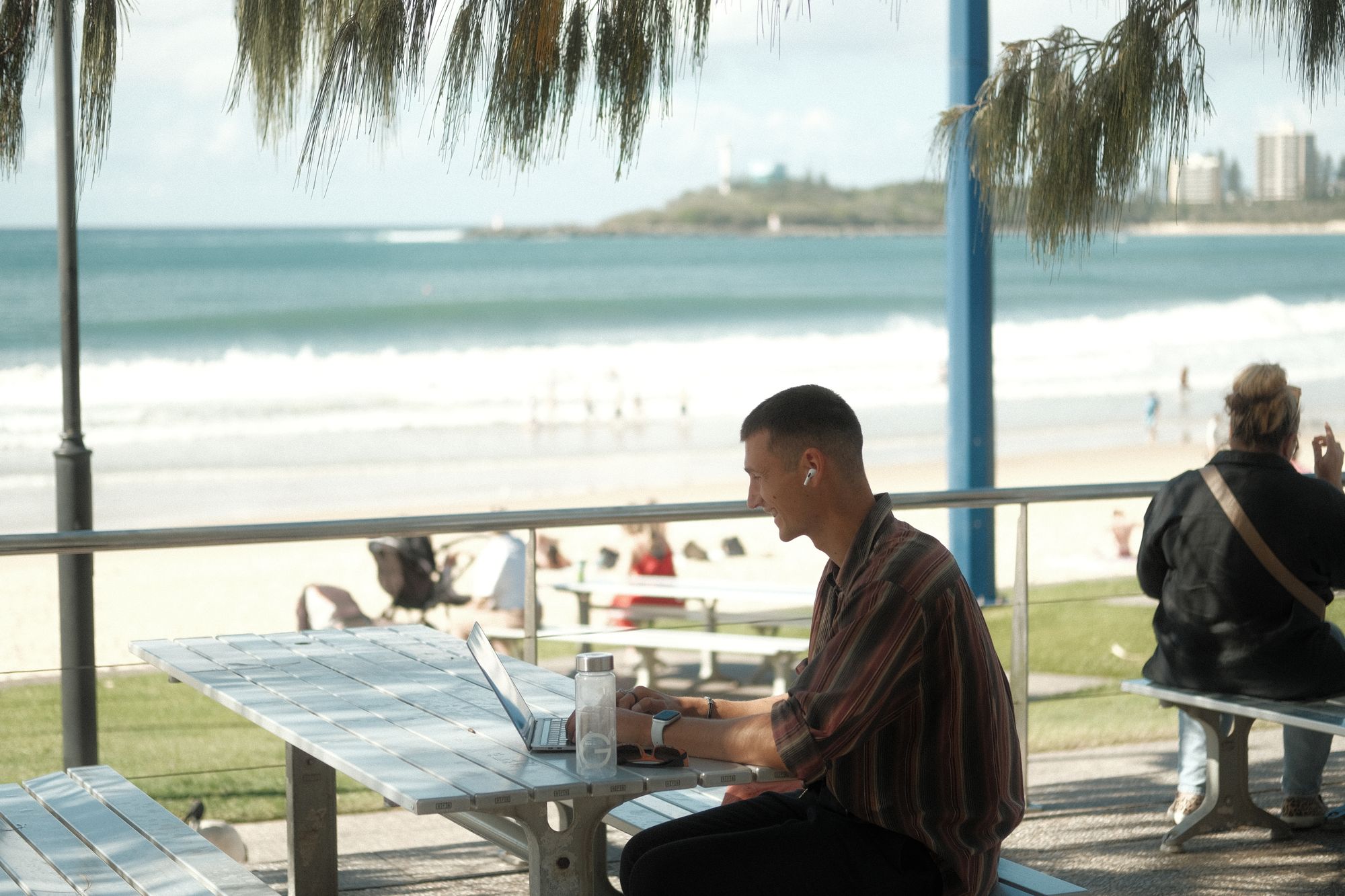
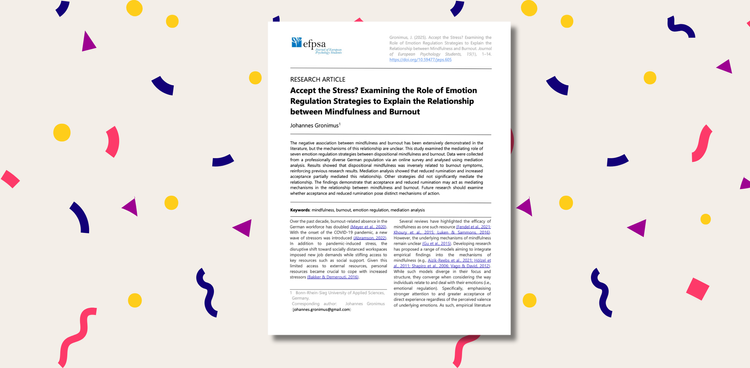
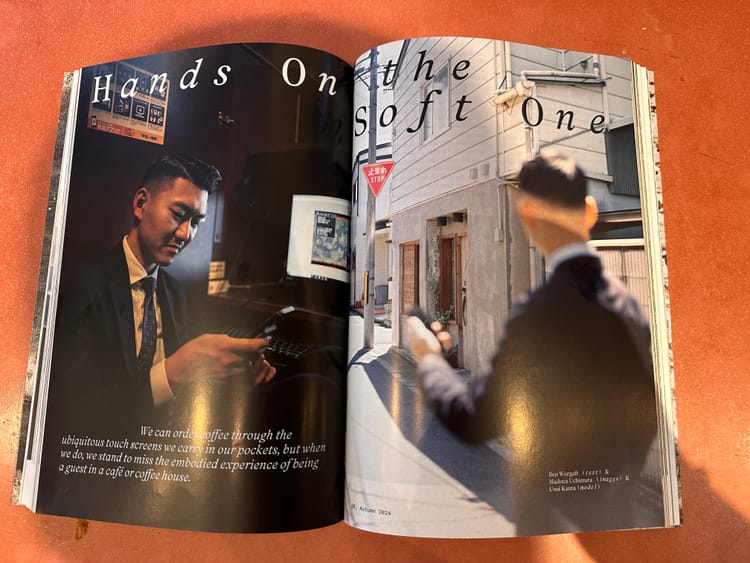
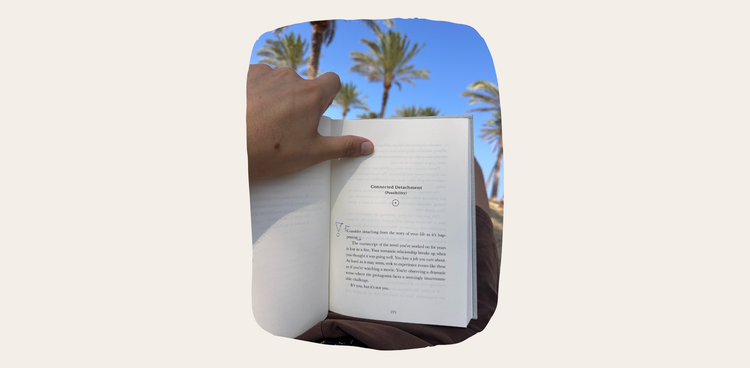
Comments ()